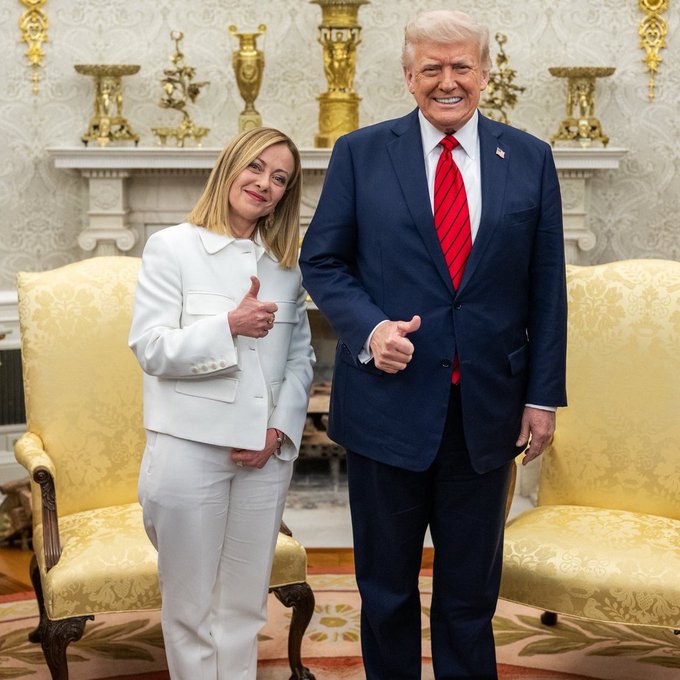In effect, the EU has embraced a hyper-mercantilist, export-driven growth model, prioritising trade surpluses over internal economic development. This approach has come at the expense of both its own citizens, who face stagnating wages and underfunded public services, and its trading partners — most notably the United States — who have absorbed the EU’s export surpluses as part of an increasingly unbalanced global economic relationship.
Related Articles

EU politics
Lily Lynch – Conjuring trick
An overview of the politics of European states in relation to the siege of Gaza. In New Left Review’s ‘Sidecar’. Read the article HERE.

Austerity
Danny Dorling: Short Cuts
This is a further article dealing with the violence of austerity. Read here

Geopolitics
Politico – Spain imposes permanent weapons embargo on Israel
These are by far the strongest measures announced against Israel by any European government to this point. Read the article HERE.


Be the first to comment